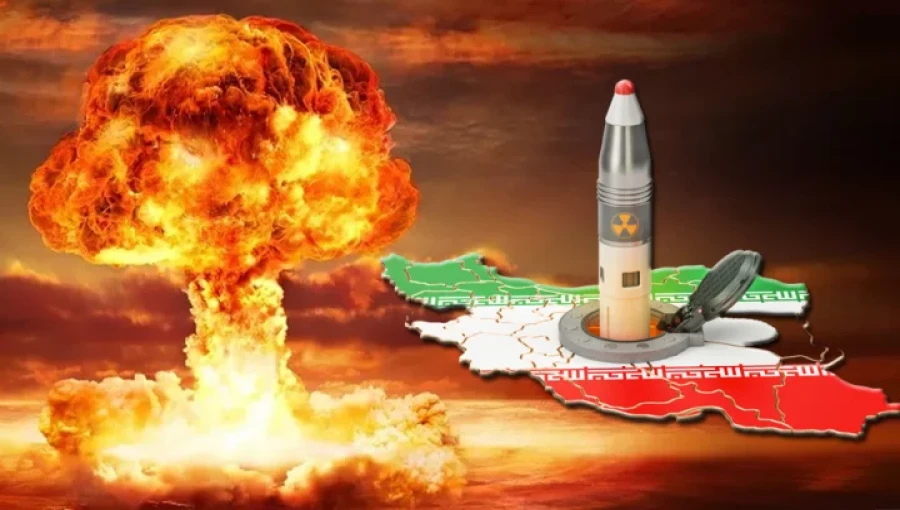Tehran, November 21, 2024 – The global community is on edge after a report by the United Nations Atomic Energy Agency (IAEA) revealed that Iran has significantly increased its stockpile of highly enriched uranium, bringing the country closer to nuclear weapons capability.
The report states that Iran now possesses 182.3 kilograms of uranium enriched to 60% purity, a critical step toward the 90% purity required for nuclear weapons. This marks an accumulation 32 times the limit set under the 2015 nuclear deal. Since August alone, Iran has added 17.6 kilograms of enriched uranium to its reserves, signaling a sharp escalation in its nuclear program.
Israel recently claimed to have delivered a critical blow to Iran's nuclear program by attacking a secret research facility in Tehran on October 26. However, Iran rejected these claims, asserting that its nuclear infrastructure remains intact. In light of the IAEA report, doubts about the effectiveness of Israel’s operation have surfaced.
Iran has long maintained that its nuclear ambitions are peaceful and for energy purposes. However, the country has hinted at possible changes in its policy following recent Israeli attacks and the ongoing conflict in Gaza.
The Joint Comprehensive Plan of Action (JCPOA), signed in 2015 between Iran and world powers—including the United States, Britain, France, China, Russia, and Germany—aimed to curb Iran's nuclear program. However, the deal unraveled after the U.S. withdrew in 2018 under President Donald Trump, leading Iran to steadily expand its uranium enrichment activities. Despite Western efforts, Tehran has shown no interest in renegotiating the agreement.
The IAEA’s findings have heightened fears of instability in the Middle East, with Iran nearing nuclear capability. Israel, which has consistently opposed Iran’s nuclear ambitions, sees this development as an existential threat, particularly in light of the two nations' longstanding enmity.
The report also underscores broader concerns about the potential for nuclear conflict, especially amidst the ongoing Russia-Ukraine war, which has already strained global peace. Experts warn that if Iran becomes a nuclear power, the regional and global balance of power could be significantly disrupted, potentially sparking broader conflicts and further raising fears of World War III.
With the specter of nuclear war looming in both the Middle East and Europe, the IAEA report serves as a stark reminder of the fragile state of global security. The international community faces mounting pressure to address these developments through diplomatic channels to avert a catastrophic escalation.
END/RH/AJ





























Comment: